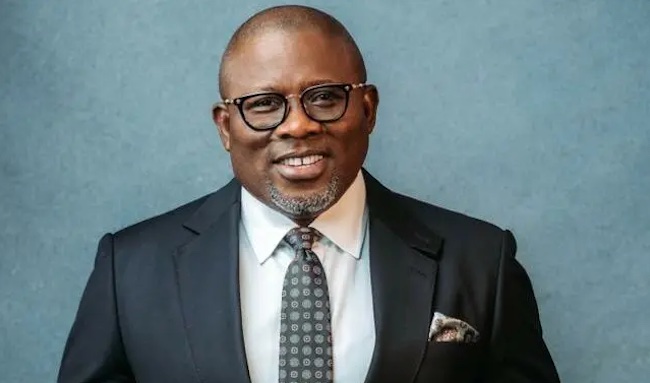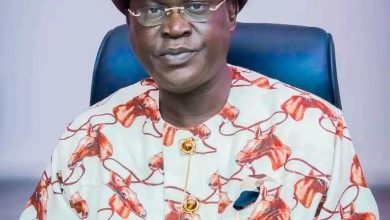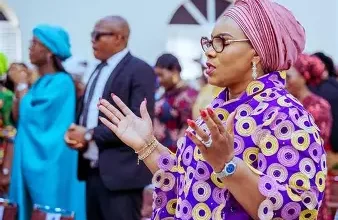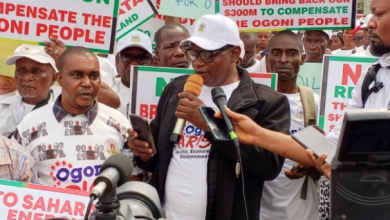Niger Delta
Delta State’s blue carbon project to enhance food security, economy

Governor Sheriff Oborevwori of Delta, has announced that the state government has signed a Memorandum of Understanding (MoU) with two UK-based entities, Serendib Capital and Eight Versa, to implement a Blue Carbon Partnership.
The governor made this disclosure during his State of the State address to the Delta State House of Assembly.
The project focuses on conserving over 270 hectares of mangroves and seagrass, critical to the ecosystem and climate resilience.
According to Oborevwori, the project has been registered with Verra, the world’s largest carbon registry, and is expected to generate about 4,500 direct jobs and numerous indirect job opportunities.
The governor highlighted the benefits of the project, including economic benefits through carbon credit sales for the state and coastal communities, promoting regenerative agriculture, and biochar production.
He also noted that the project would serve as a natural shield against coastal erosion and flooding, enhancing the local environment for residents.
Oborevwori emphasised that the innovative partnership would place Delta State at the forefront of sustainable development and climate action in Nigeria.
He also expressed the state government’s commitment to collaborating with the Federal Government to attract impactful development initiatives to the state.
The governor mentioned other economic initiatives, including the Special Agro-Industrial Processing Zone (SAPZ) initiative and the Federal Livestock Development Programme.
He also highlighted the state government’s Public-Private Partnership (PPP) initiatives in agriculture to boost production and food security.
Oborevwori announced that the state government has approved N1.165 billion to kick-start pilot programmes in Aviara and Umutu, aimed at supporting dry-season farming and enhancing food security.
He also mentioned the Delta State Government and Bank of Industry (DTSG/BOI) N1 billion Managed Fund Scheme for Micro, Small, and Medium Enterprises (MSMEs) in the state.
The governor noted that his administration has revived the Kwale and Koko Free Trade Zone, with six companies currently operating within the zone and more expressing interest.
He approved the payment for the renewal of the zone’s annual licensing fee and associated charges to the Central Bank of Nigeria.



